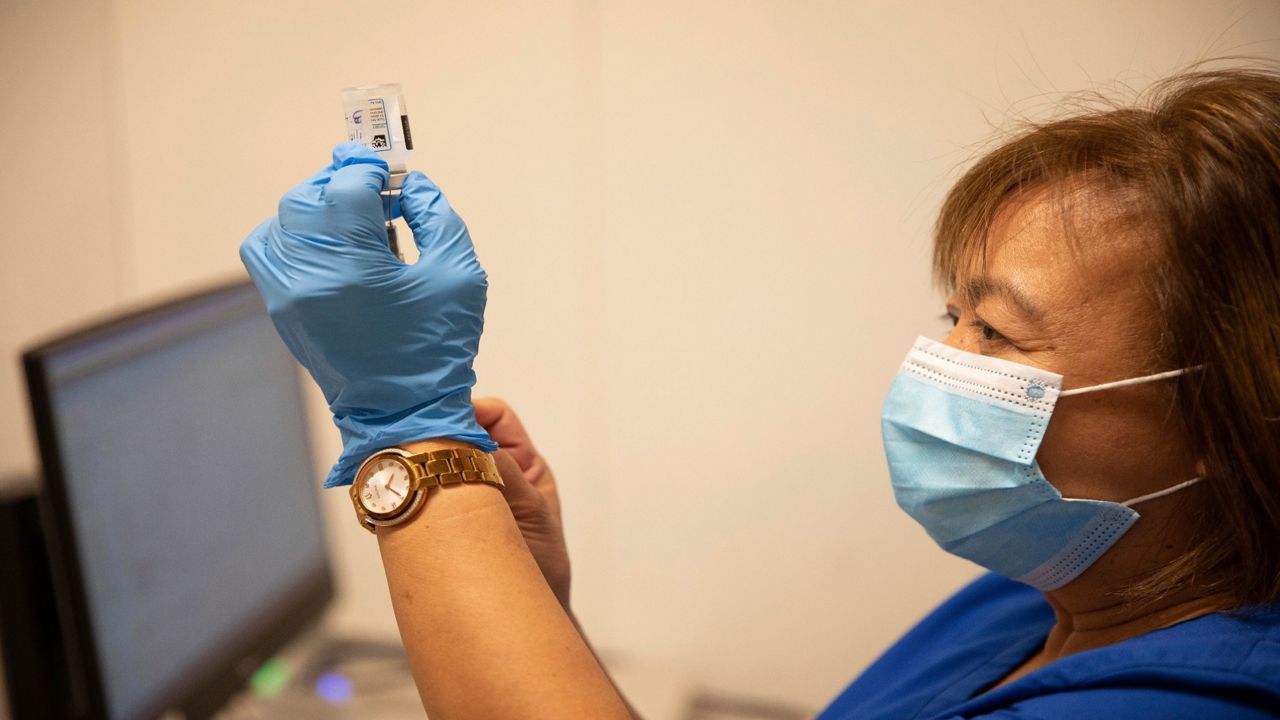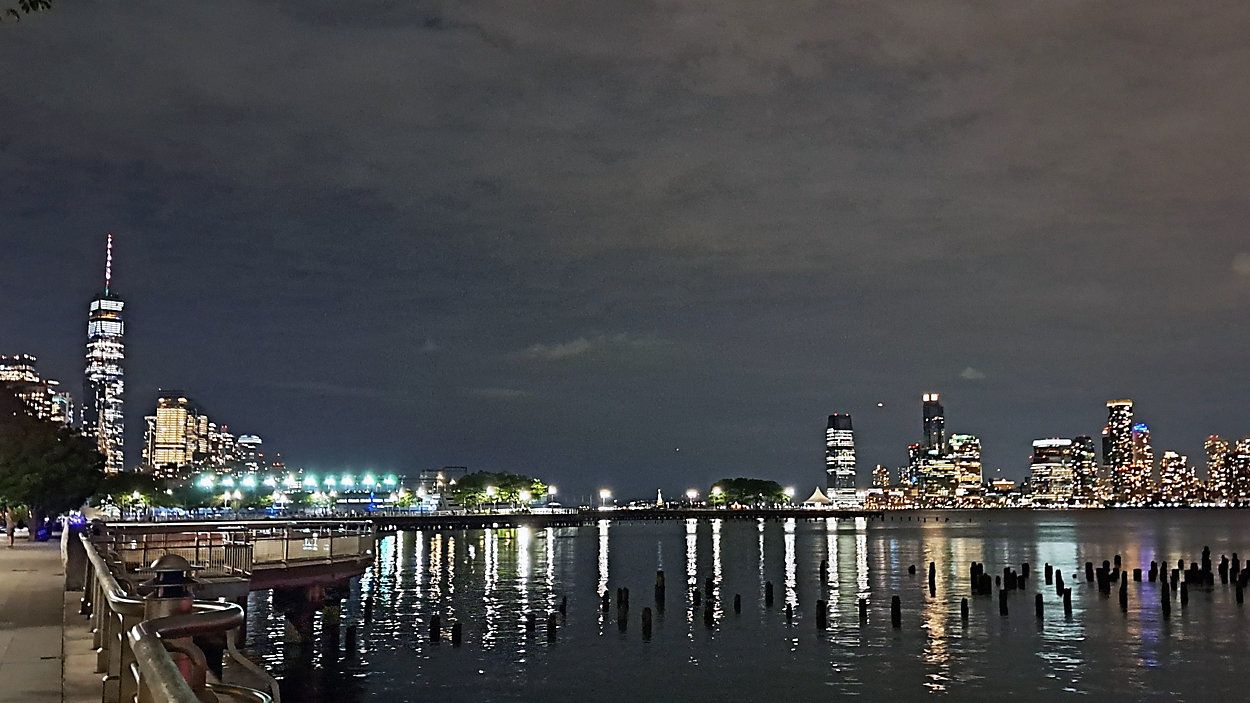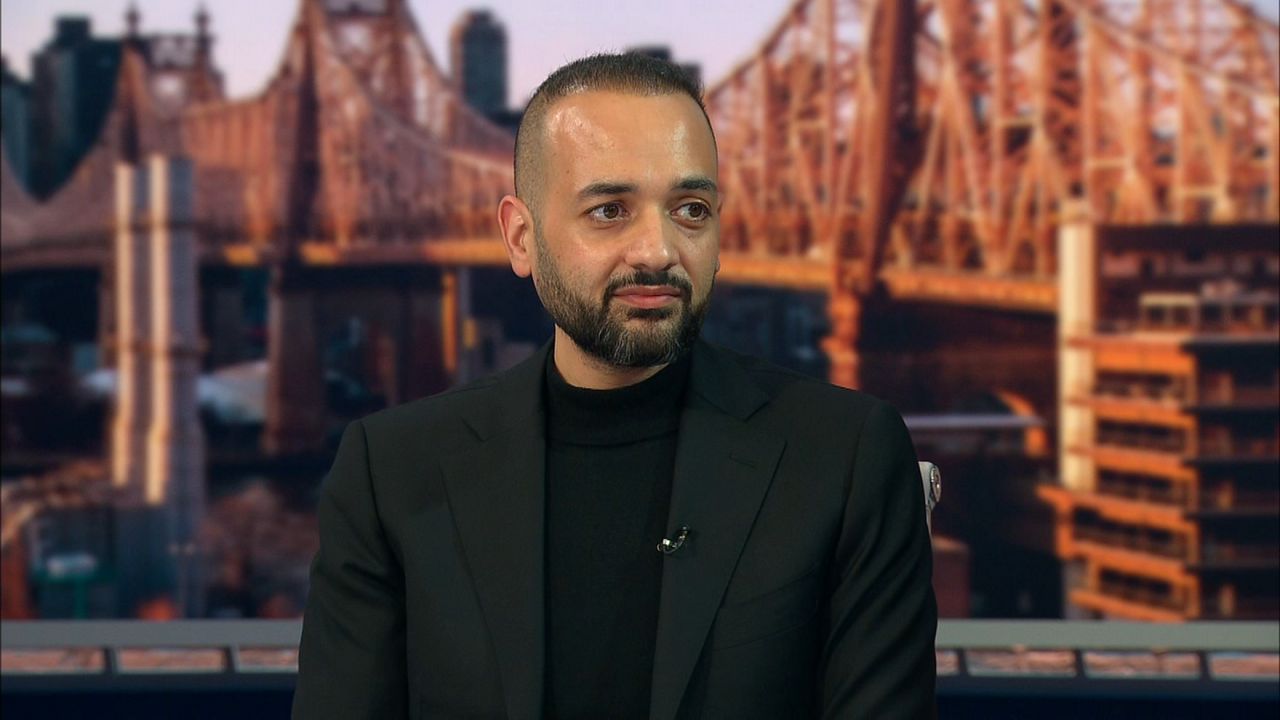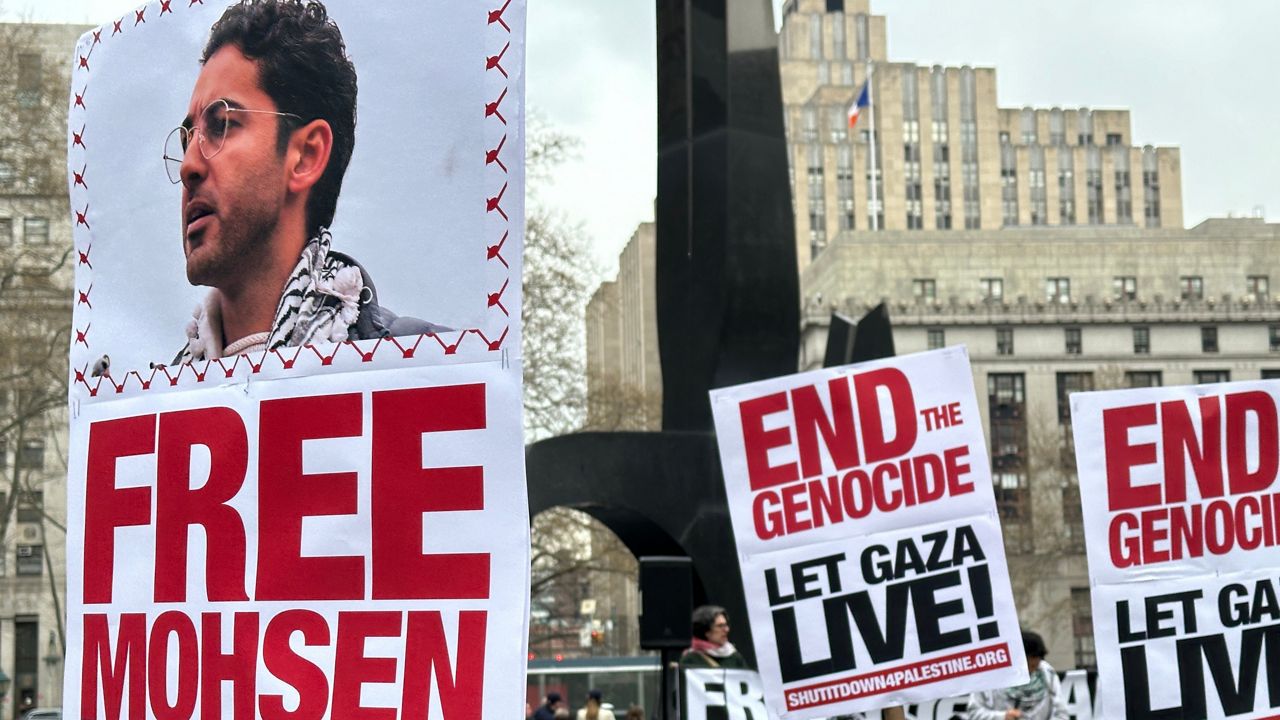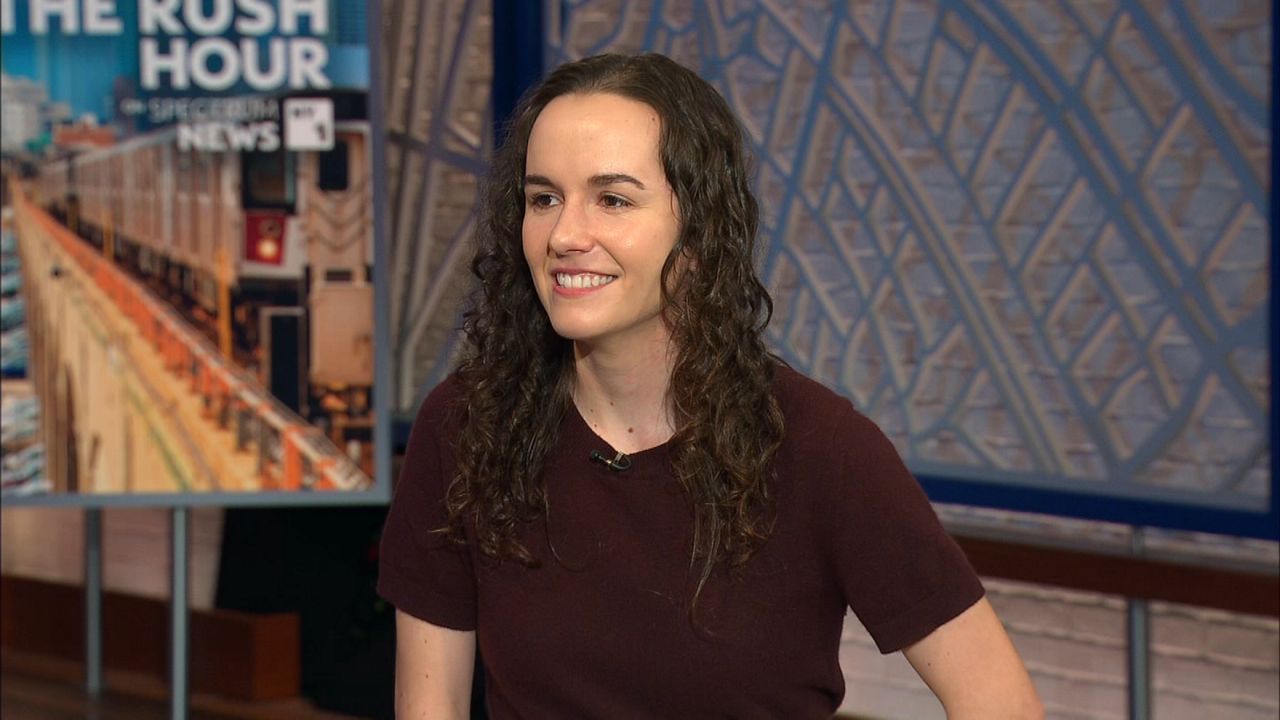Helene Hovanec considers herself pretty web savvy. The 79-year-old has a MacBook, iPad and an iPhone and is generally comfortable with navigating the internet. But when it came to signing up for a COVID-19 vaccination appointment on Monday, her difficulties brought up a familiar resentment.
“I always have this conspiracy theory that they hate old people,” said Hovanec about navigating government institutions. “They're doing it to make it difficult for old people — the ones who need the vaccine the most.”
On Monday, everyone 75 and older in New York State became eligible to receive the COVID-19 vaccine after Gov. Andrew Cuomo’s office cleared the “1B” category to receive doses. This group includes those 75 and older, as well as educators, public safety workers, and public transit workers.
It’s one of the most high-risk groups in the city, with a nearly 12% COVID-19 positivity rate in recent weeks, according to health commissioner Dr. Dave Chokshi.
But despite this high need, many older adults like Hovanec are feeling discouraged and frustrated by the vaccine registration process.
“I think [the website] was not tested on anybody human — certainly not old people,” said Hovanec.
To find an available appointment, people can go to the city’s vaccine finder website and then enter their zip code. But from there, things get more difficult.
“There's so many different appointment registration systems — one for the health department sites, one for the public hospital site, and then one for every different community clinic network or pharmacy network,” said Councilmember Mark Levine. “It requires a lot of clicking through to find an open appointment, and generally each registration system requires you to set up an account and prove eligibility, so it's too complicated now.”
Some of the registration systems use two-factor authentication, which requires access to another device to receive a text message. And the process also asks people to upload photos or scans of their insurance documents and ID without informing them beforehand. And as of Monday afternoon, the only available language on the site was English.
“They don't have to make it this difficult,” said Hovanec. “It's non-intuitive, and it's very difficult to understand what they're really doing. It just doesn't make sense.”
Hovanec was eventually able to book an appointment for this week, but for many others, like Suzanne Boule, that wasn’t the case.
“I could not get [an appointment],” said Boule, 79. “The problem is that I live in Brooklyn Heights, and my choices for locations were the Bronx, Staten Island and Queens.”
She said she would try again the next morning to see if she had better luck.
Sharon Corso, on the other hand, couldn’t even find an available time.
The 79-year-old tried to book an appointment over the phone by calling urgent care centers directly.
“I got a recording that they have nothing available for Tuesday, Wednesday and they're not going forward [in dates],” said Corso, who lives in Briarwood. “In other words, I have to keep trying.”
There’s also the issue of internet access for older adults.
At least a quarter of the people served by Health Advocates For Older People, a nonprofit that serves older adults, do not have access to email or the internet at home, according to executive director Nancy Houghton.
“This is a big problem for older adults,” she said. “Many of our seniors that have email addresses have not been able to access their email since March because most of them access it in the library, which are closed.”
Although the city launched a phone system on Monday for people to book appointments, there is concern over how long the process will take on the phone.
“We are going to be advocating that there is no more than a half an hour wait on there,” said Allison Nickerson, executive director of LiveOn NY, an advocacy network for senior centers and agencies. “It's one thing if you can do all of these things on your smartphone or online, but a lot of older New Yorkers don't have access to that and have limited minutes because they have a limited plan or a low-cost plan.”
Long wait times over the phone hearken back to when the pandemic first exploded and people flooded the unemployment phone lines.
“We had a lot of calls about unemployment when COVID-19 first happened and was overwhelming the phone lines and we're getting a lot of calls now,” said Assemblymember Jo Ann Simon. “And it's only the first day when they went into the category ‘1B,’ but they didn't seem to have ‘1A’ figured out quite yet.”
Simon said her office was receiving calls Monday from people who were feeling like the registration process is discriminatory towards older people.
“A lot of people are trying to get through and the process is, it seems to be quite tortured,” she said.
At his daily press briefing on Monday, Mayor Bill de Blasio defended the sign-up process.
“We absolutely want the simplest possible system,” he said. “Folks who are going through a lot, we want them to have as easy an experience as possible making their appointments. That said, there's really important information that is required by law, and we've got to get that right up front. So that's the balance point here.”
For Hovanec, though she’s never signed up for something online that proved to be as difficult, she said there was no way she could avoid the process.
“Normally, I would say, ‘Who needs it?’ or go somewhere else,” she said. “But this is kind of important. It's sort of, you know, life or death, especially for old people.”




